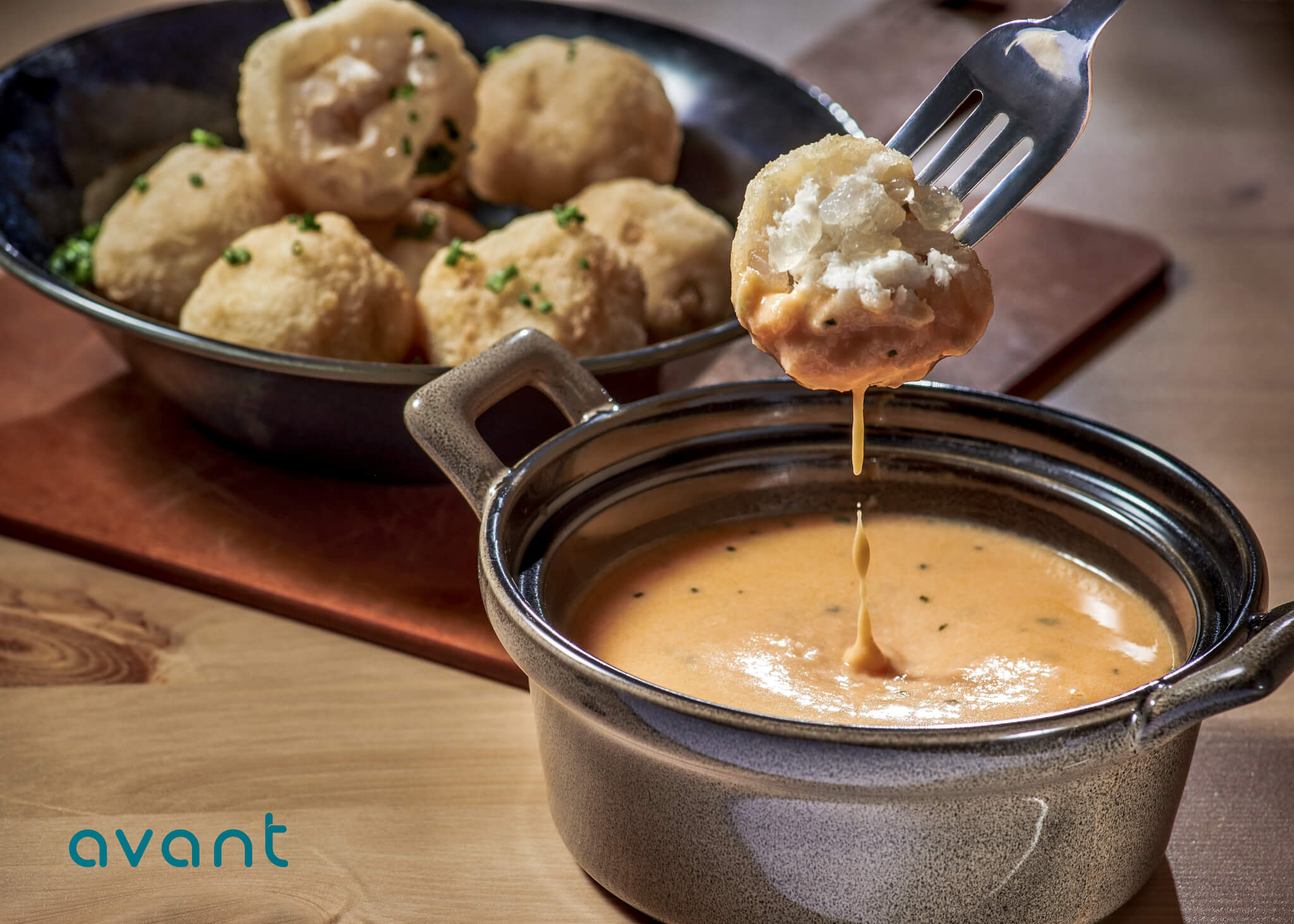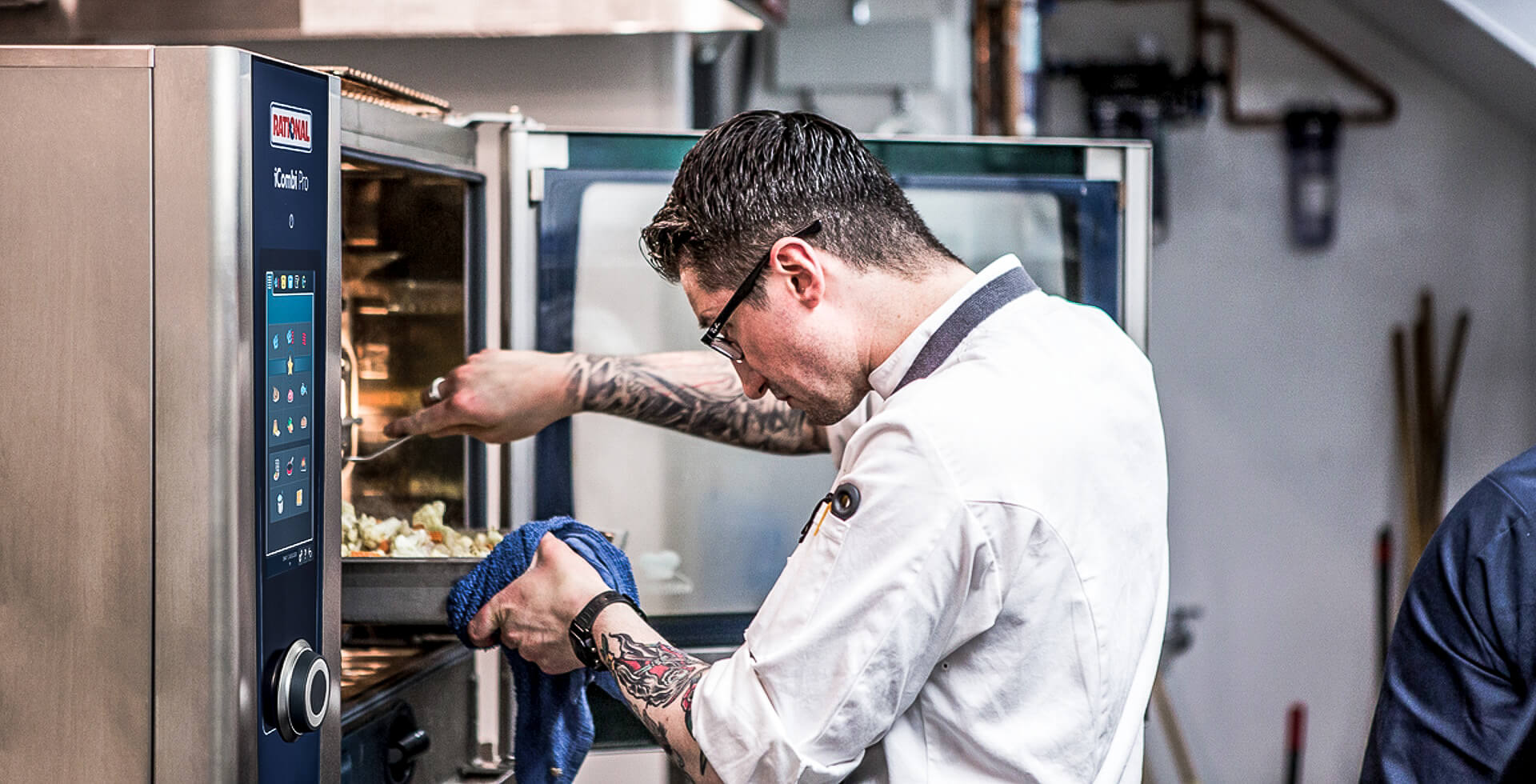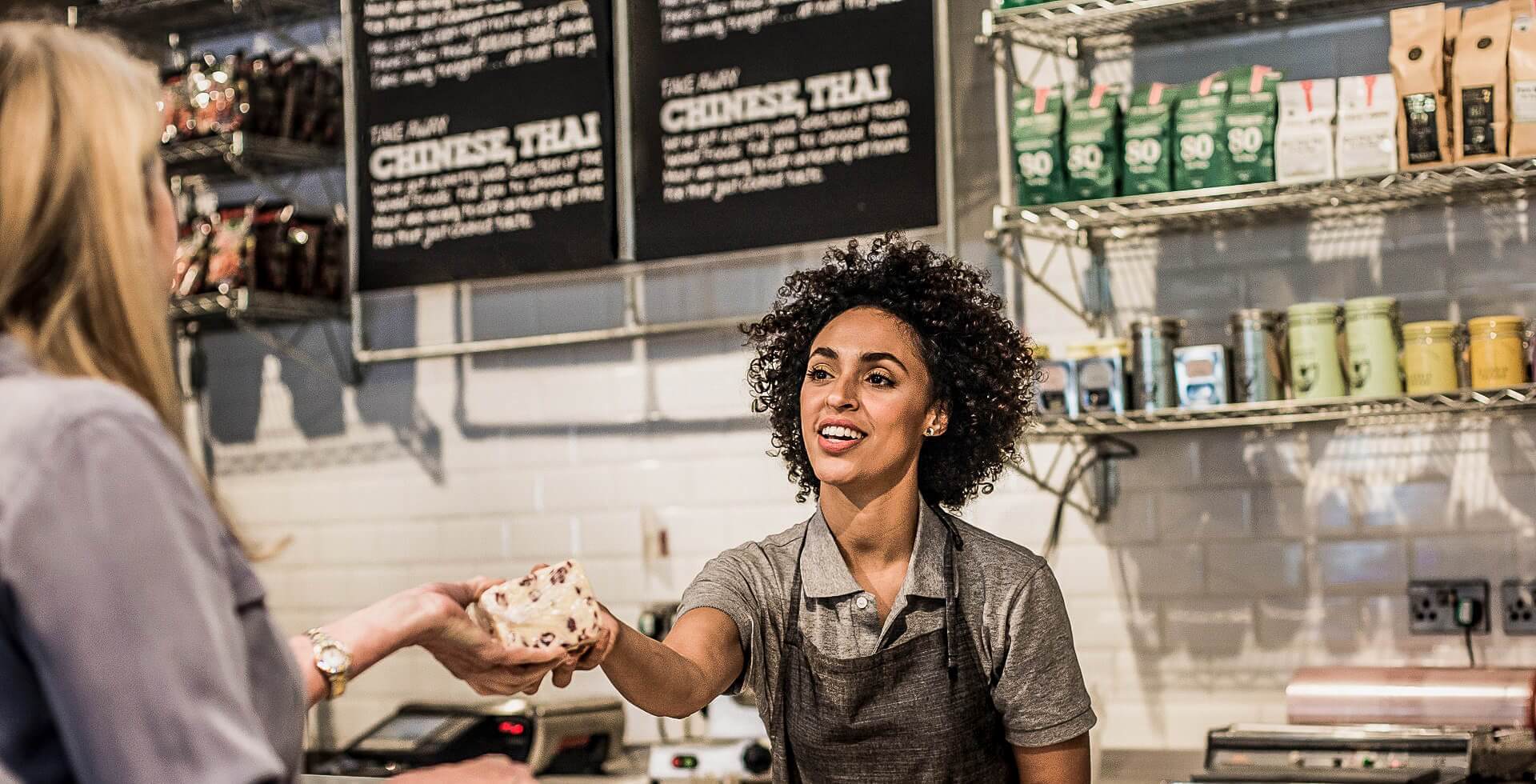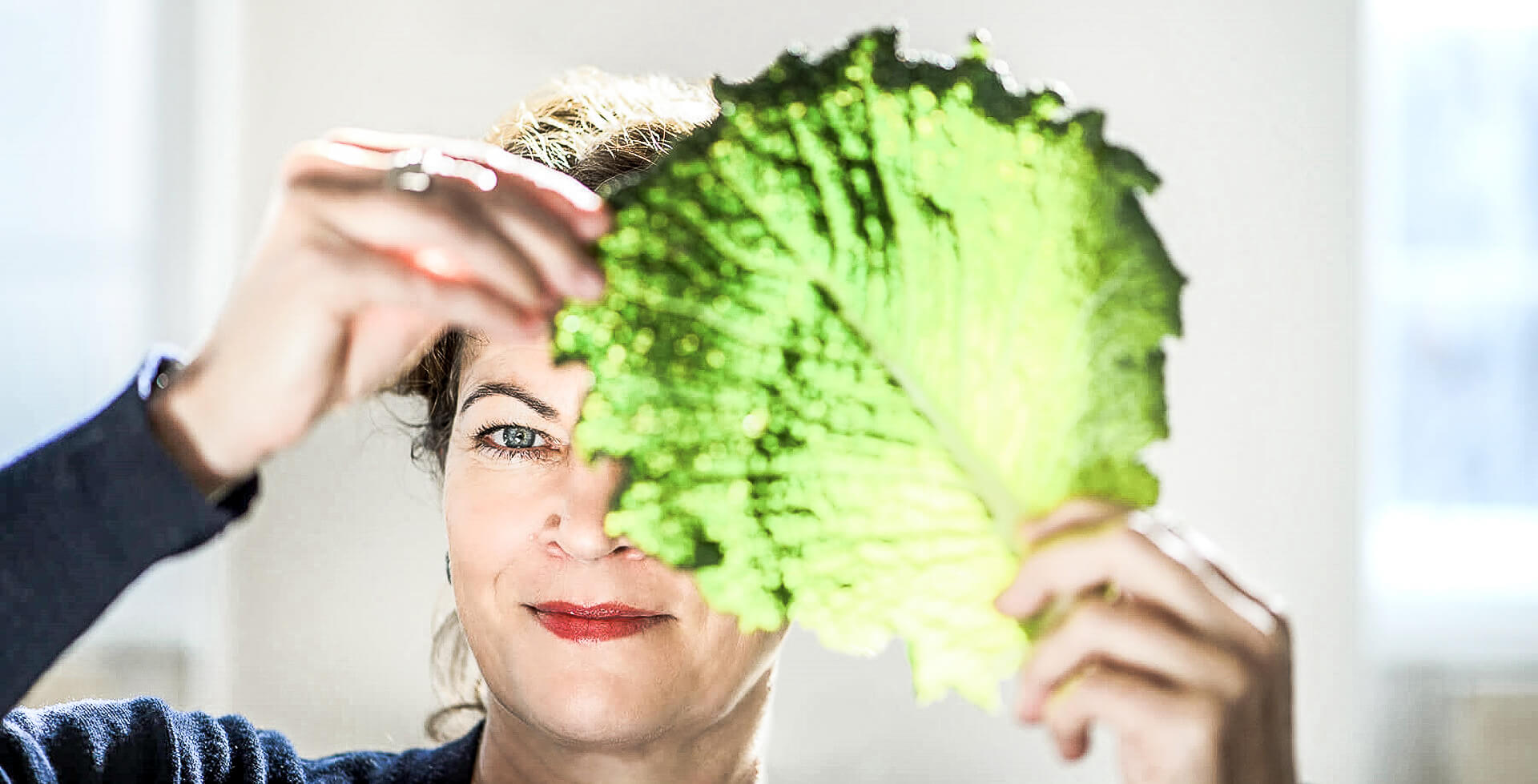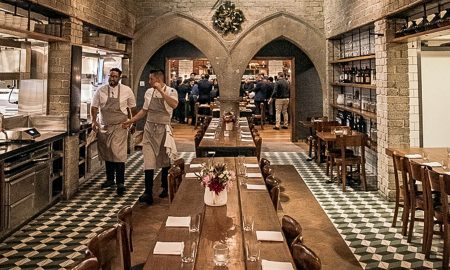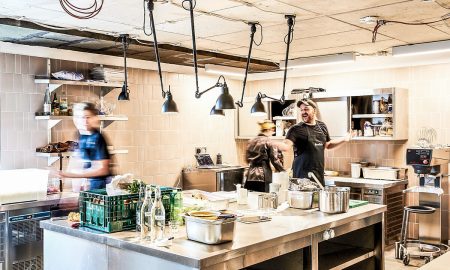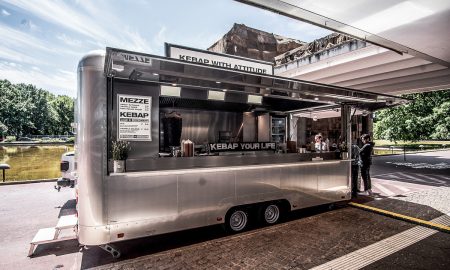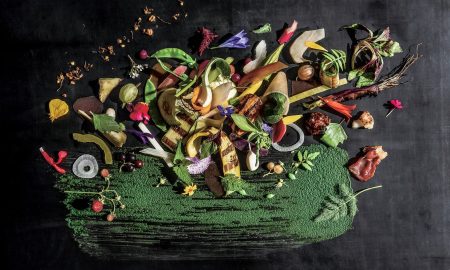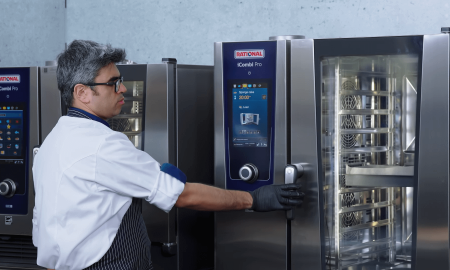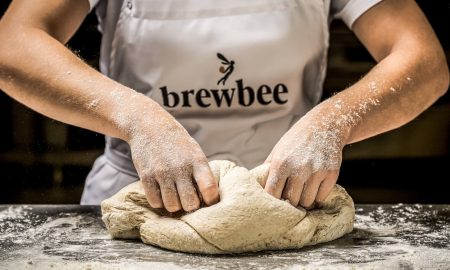To tackle a foodservice industry so inherently reliant on meat, she had to take action: it was time to come up with her very own sustainable, energy-efficient and environmentally friendly alternative. Here, she talks with Romilly Leech about her company and its ambitions.
What led you to enter the cultivated meats industry?
The story starts five years ago, when I first switched to a plant-based diet and realized was beneficial not only for the environment but for my mental and physical health too. I tried to persuade my friends and family to adopt the same diet, but it wasn’t easy: the cuisine in our culture is very meat heavy. I realized that, with the oncoming concern of global warming and the effects of the meat industry on the planet, I needed a meaningful way of cutting down on environmental impact without getting everyone to change their habits entirely.
What is the story behind Avant Meats?
In 2018, I attended a conference in the US which taught me about alternative proteins, including plant based. I realized that some companies were already applying science and medical technology into making protein. I thought it was great; I didn’t have to debate with my friends and family about changing their diet and not eating meat. At that time, there was only one cultured meat company in Japan and one in Singapore and nobody was doing it as a start-up in China. I thought if I put together a co-founding team, I could give it a go. That’s how Avant Meats was created.

Image: avant
What’s the aim of the company?
The aim is to give a sustainable and energy-efficient alternative to the existing culture of farming and fishing for those who would still like meat or animal protein in their diet.
Can you explain the science behind cultivated meat?
We create an immortal cell line, growing stem cells in cell culture and making them into meat products. In animals, there’s a certain population of cells that have regenerative properties. These are called stem cells. The process involves taking a small tissue sample from the animal before attempting to capture these regenerative cells. Then, we let them grow healthily in a condition external to the animal’s body. It takes a few months for them to become accustomed to the new environment before they start multiplying again. Once they grow to a certain population, we’ll freeze them down and keep them. When we need the cell to regenerate, we’ll bring them back to their optimum temperature for them to multiply again.
How long does it take?
Setting up the cell line takes us around three to four months, from capturing the tissue, identifying the ones we need and allowing them to grow to an adequate population. When we develop the actual product, it’s relatively quick – only about one and a half or two months for each batch of production. So overall, we’re looking at around four to six months.
How would you describe the problems of traditional meat methods?
Energy efficiency is a massive problem in the meat industry. You put a hundred units of energy into an animal through its diet, and most of that energy will then go into other faculties like growth and movement. Only ten units of energy ends up in the final product. Furthermore, farmed animals are often exposed to harmful substances like sewage discharge, waste disposal, antibiotics and microplastics, all of which contain health risks for when it comes to consuming the final product. Of course, there are also the impacts of farming: cutting down trees, methane production and animal waste polluting rivers and streams.
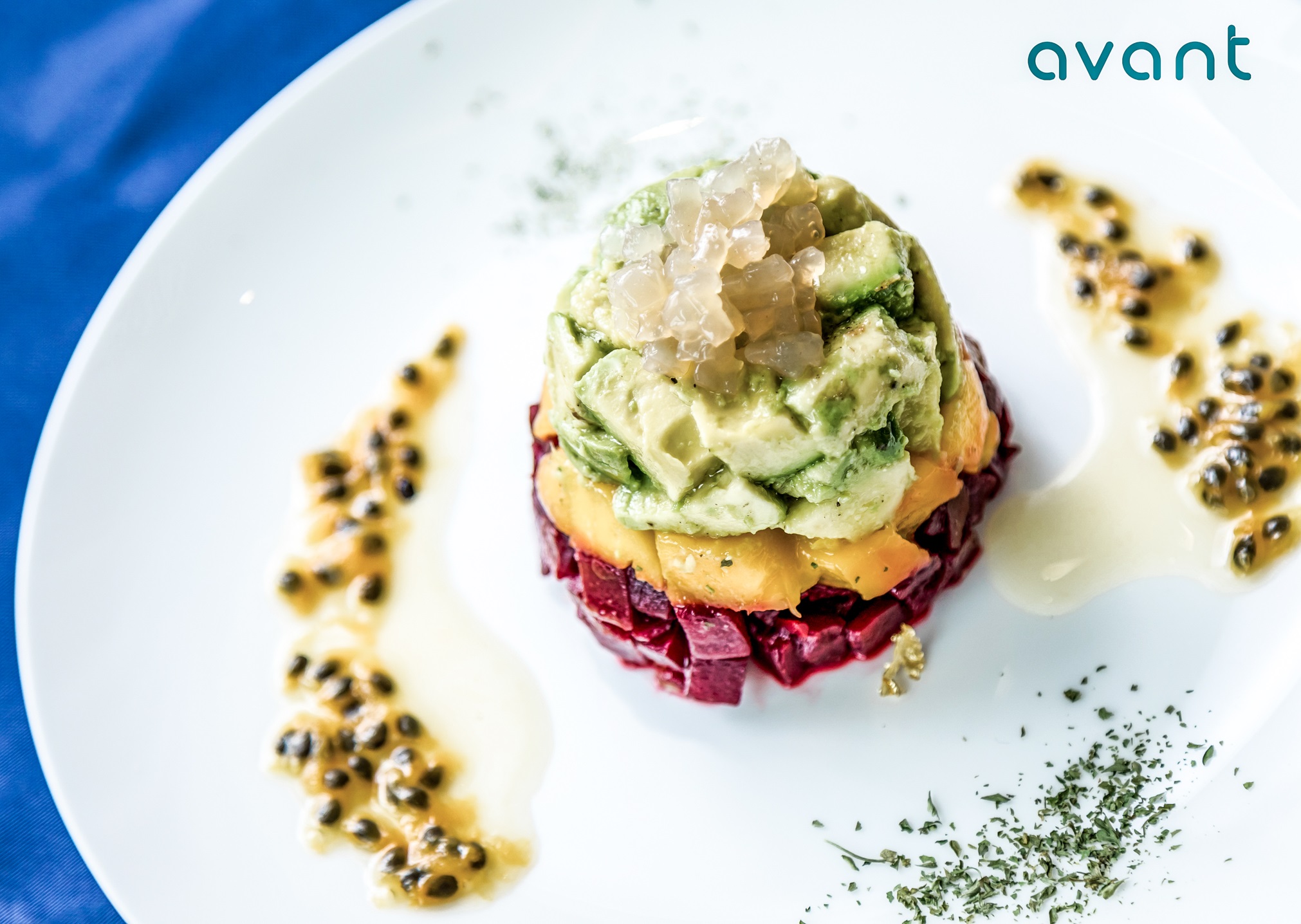
Image: avant
How would you say that cultivated meat solves these problems?
Using the stem cell method of meat production increases efficiency and the pace of generating meat. Our products are cleaner and safer: they’re free from heavy metal, plastic microparticles, antibiotics and other marine pollutants. It’s sustainable too as production does not require continuous catching or growing and slaughtering of fish. It’s also a much faster means of production.
Your first product is fish maw – why did you choose this?
Fish Maw is the swim bladder of fish. It’s been sought after traditionally for a long time for its pure and high-quality protein and health benefits, but now the most popular species of fish, Bahaba, has been overfished and is close to extinction. They are now protected, but people are still illegally trading them. We started with Fish Maw because of this, but also because it’s a product which is already sold expensively; currently, we can only afford to also sell at a high price.
What are current price points for operators and how saleable is your product into mass production?
When we reach $100 per kg in production cost, we will be able to sell without making a loss.
For our pilot scale, in the first half of 2021 we are procuring a larger space for the lab and then we will do a trial production. It’s not so much the price or the scale up which is our biggest challenge. The main thing to get past at the moment is the problem of legislation: currently we have no existing legislation from the government for this kind of meat production. The US, Singapore, China and Japan are still working on this. It’ll be around 2022 or 2023 that we can start selling, on the assumption that we will have the legislation in 2021 or 2022.
What kind of developments do you see for cultivated meat in the future?
Personally, I think that the world is very multifaceted. Nowadays, peoples’ diets are less clear cut: some people will eat meat, others will be vegan one day and vegetarian the next. The United Nations World Bank has predicted that by 2040 in the US, 35% of protein products will be cultured meat. That’s an increase of 41% from now.
How do you find being a vegan working as CEO for a company which produces meat?
The reasons for going vegan or vegetarian vary, from environmental impact of current meat production to animal welfare. In my case, I would eat cultivated meat because it’s better for the environment – that’s the reason I decided to go for a plant-based diet. Also, on a long-term health issue, I don’t want to be exposed to harmful things like antibiotics and metals.
What does success look like for Avant Meats in the future?
That’s a very ambitious question! We would like to become a branded food ingredient company: a key component of food products in the future. We’d like to be a household name, known for the good quality of clean and sustainable protein.


